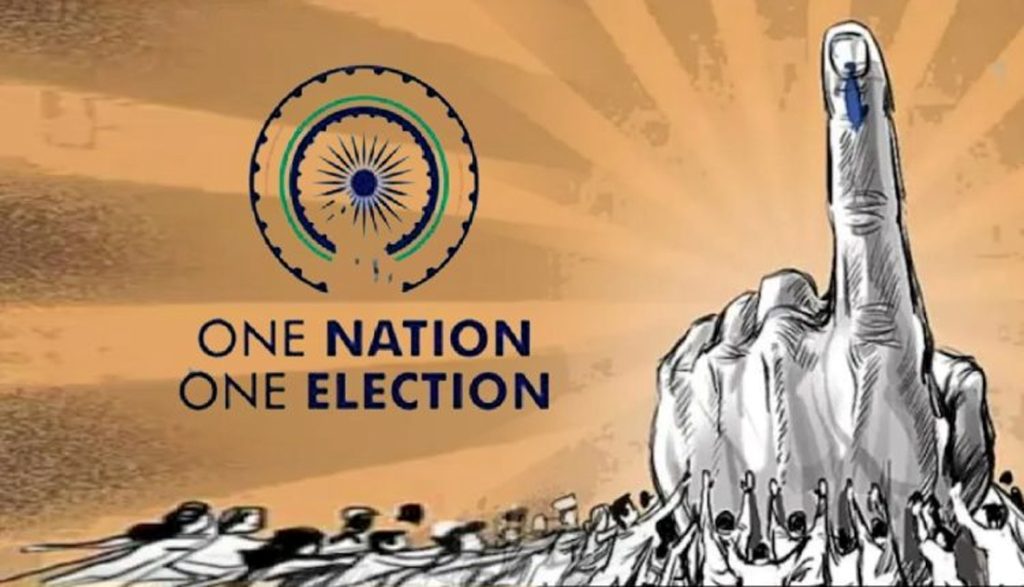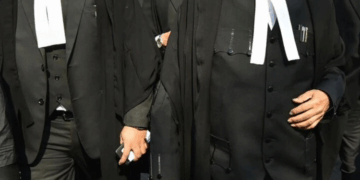The concept of ‘One Nation, One Election’ has become a topic of discussion these days. This idea is linked to the issue of conducting simultaneous elections for the Lok Sabha and all state legislative assemblies in the country. This means that elections for the Lok Sabha and all state assemblies will be held simultaneously, and voting will also be done at the same time. Broadly speaking, ‘simultaneous elections’, which can be understood as “One Nation, One Election,” means conducting elections for state assemblies, Lok Sabha, and local bodies (municipalities and panchayats) together across the country.
In India, from 1951-52 to 1967, state assembly and Lok Sabha elections were held simultaneously. But this cycle broke, and currently, elections are held every year and sometimes at different times in the same year. This leads to problems such as massive increase in government expenditure, long-term deployment of security forces and election officials, hindrance in development work (due to implementation of Model Code of Conduct), etc. Therefore, the Law Commission of India, in its 170th report “Reform of Election Laws,” suggested that the government should make arrangements to conduct Lok Sabha and all state assembly elections simultaneously.
The first step would be to conduct state assembly and Lok Sabha elections simultaneously. The second step would be to hold panchayat and municipal elections along with state assembly and Lok Sabha elections. Under this, panchayat and municipal elections will be held within 100 days of state assembly and Lok Sabha elections. To implement this process, at least half of the states would need to agree.
It would not be inappropriate to consider some difficulties that may arise from this process:
Mid-term Election Problem: It is unclear how this system would work if a government loses majority or is dissolved.
Challenge for Regional Parties: Regional parties may not be able to prominently raise local issues and might appear weak compared to national parties. Need for Constitutional Amendment: Several changes in the constitution and legal framework will be required to implement this.
Impact on Local Issues: National issues dominating regional elections could affect state-level decisions.
Resource Limitations: Regional parties have limited resources, which might make them appear weak compared to large national parties.
Overall, the concept of One Nation, One Election could be an important step towards making the democratic process in India smoother and stronger. However, before implementing it, it is necessary to resolve many constitutional, legal, and administrative issues.
The writer is former Fellow, IIAS, Shimla(HP)





